Focus on MUW

The National Science Centre (Narodowe Centrum Nauki, NCN) has announced the results of the PRELUDIUM 24, OPUS 29, JPND Call 2025, and MINIATURA competitions. Eleven researchers from WUM received funding for their projects.

The Student Scientific Society operating at the Clinic of Infectious, Tropical, and Hepatological Diseases carried out another edition of an informational campaign dedicated to HIV prevention. This year’s event, organized on the occasion of World AIDS Day, was aimed at the community of the Warsaw School of Economics (SGH).

The global medicinal products market in 2023 was estimated at 1.6 trillion dollars. There are medicines whose value exceeds the price of a gold bar, and with such enormous profits, there is always room for abuse. It is therefore not surprising that medicines are counterfeited and sold illegally.
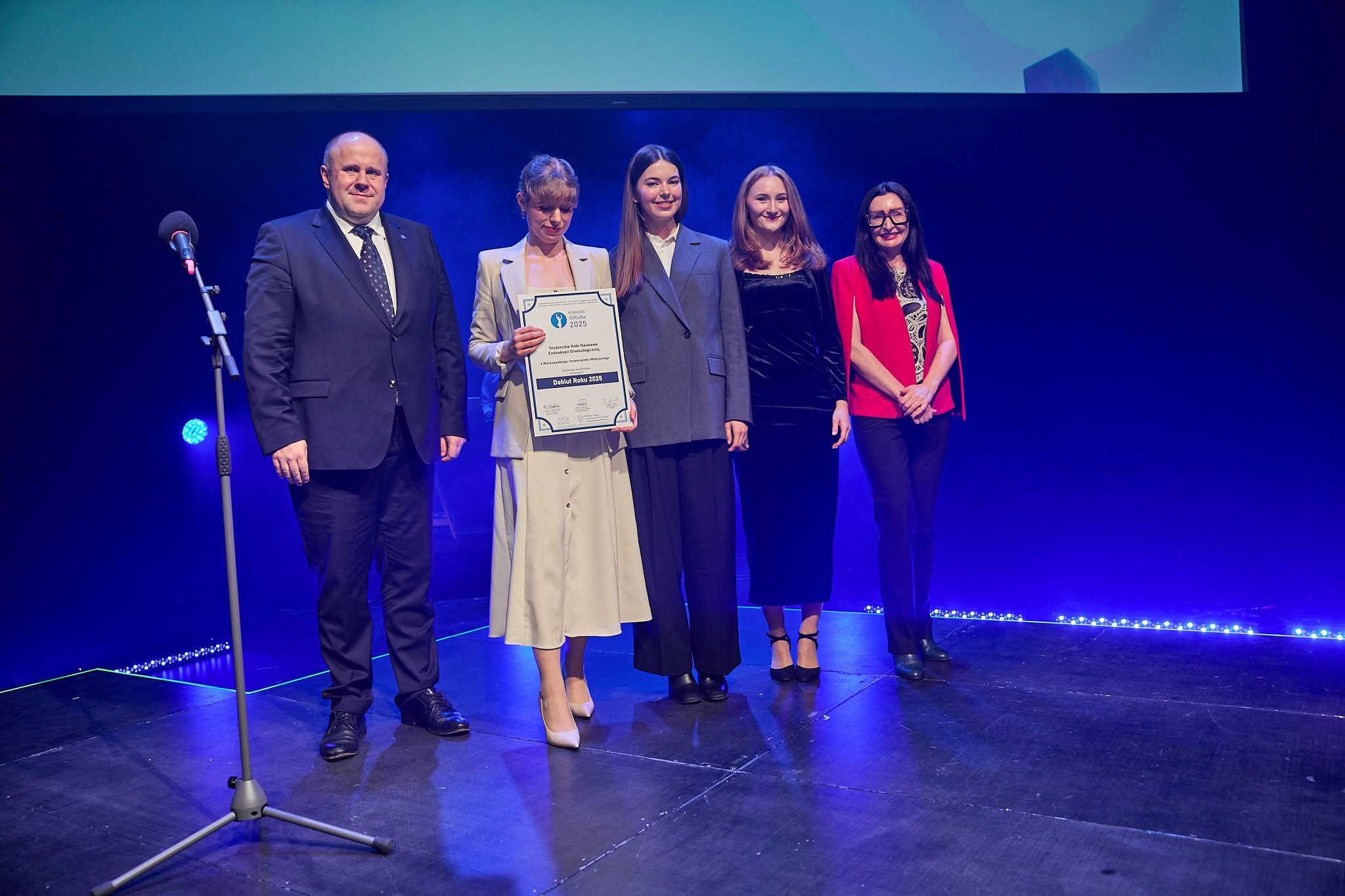
For 15 years, the competition has recognized innovative student initiatives. In this year’s edition, an honorable mention in the Debut of the Year category went to our Student Research Club of Gynecological Endoscopy. The main award in the StRuNa MED category was presented to the interdisciplinary HepaSwitch project, created by students from four Warsaw universities. Among them are our students, Bartosz Bunar, who is also a student at the University of Warsaw, and Stanisław Szleszkowski.

This is the award presented to our specialist from the Oncology Clinic of UCK WUM in the November edition of the Visionaries – Health Reformers 2025 competition. Dr. Kraj was recognized for his reliability, top-level medical expertise, and his ability to combine professionalism with empathy.
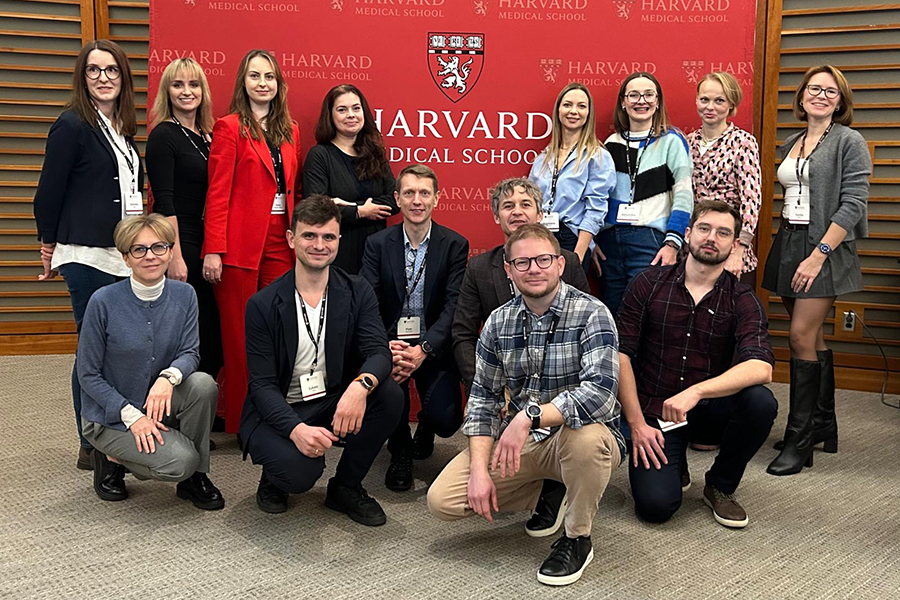
The Polish Clinical Scholars Research Training is developed and conducted by Harvard Medical School Postgraduate Education in cooperation with the Medical Research Agency (ABM). The second edition included 100 Polish scientists and researchers who developed key competencies in planning and conducting clinical research and gained practical knowledge essential for analyzing, interpreting, and publishing results. Among them, a significant group consisted of WUM staff.
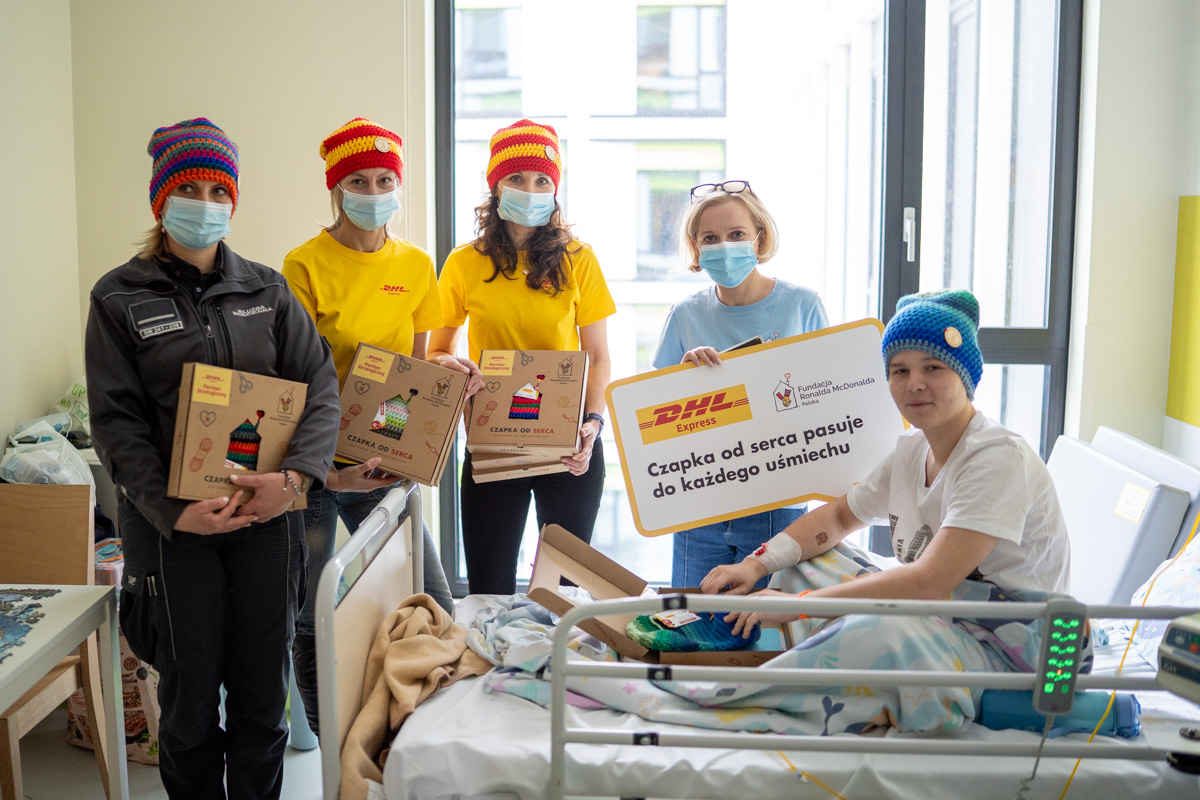
Several boxes full of colorful, hand-knitted hats were delivered to children in the oncology and hematology wards of the DSK UCK WUM hospital. They were donated by volunteers from the “Hat from the heart” project to cheer up patients and bring smiles to their faces.
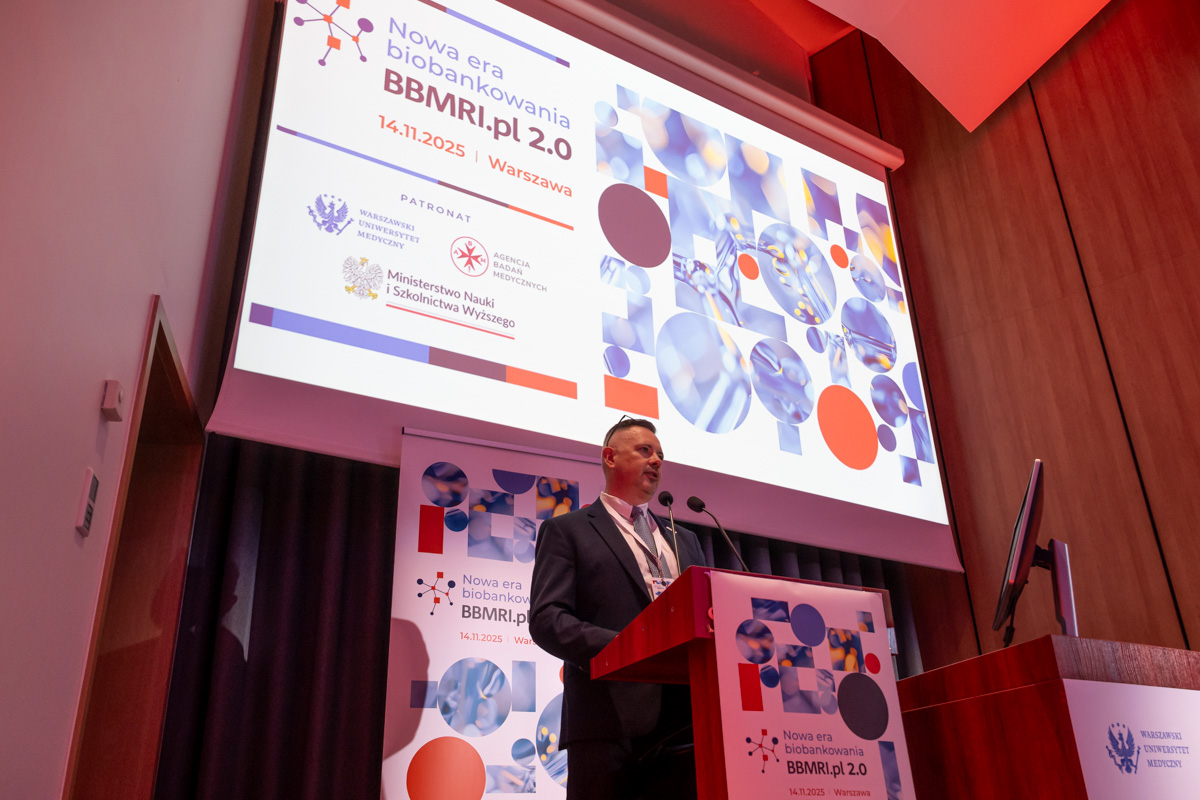
The topics discussed at the event included the role of biobanks in the development of scientific research, as well as the regulations and challenges faced by the community working in this incredibly important field. The conference was organized by our University thanks to the support from the Minister of Science, as part of the project titled “Developing the Polish Biobanking Network within BBMRI-ERIC”.

The funds will go to the University Clinical Center WUM as part of the National Recovery Plan and will be used to modernize the Department of Cardiac, Thoracic, and Transplant Surgery and the Department of Internal Medicine and Cardiology with the Center for Diagnosis and Treatment of Venous Thromboembolic Disease.
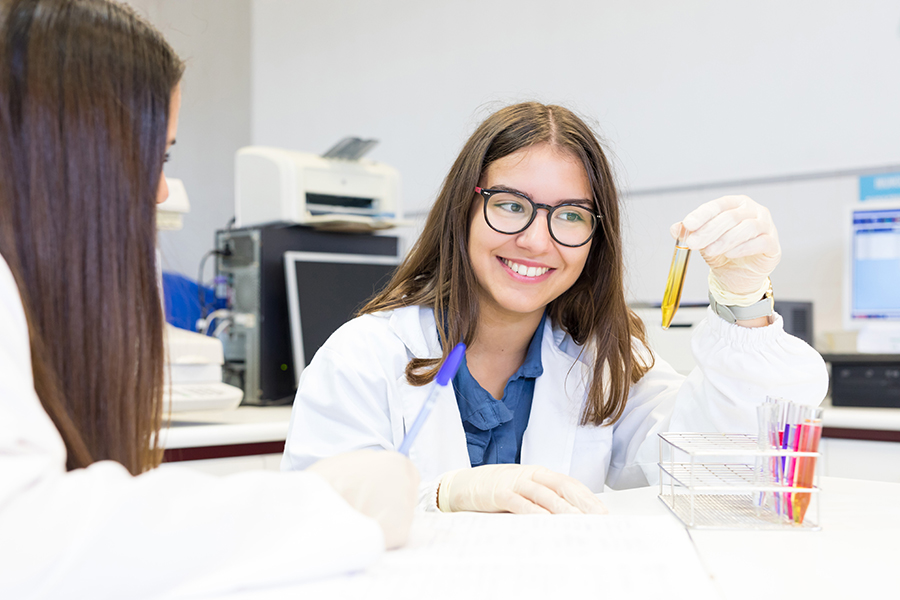
The ranking, prepared by the Student Scientific Society, includes 204 scientific clubs that submitted reports on their activities for the 2024/2025 academic year. Who made it to the top of this year's ranking?